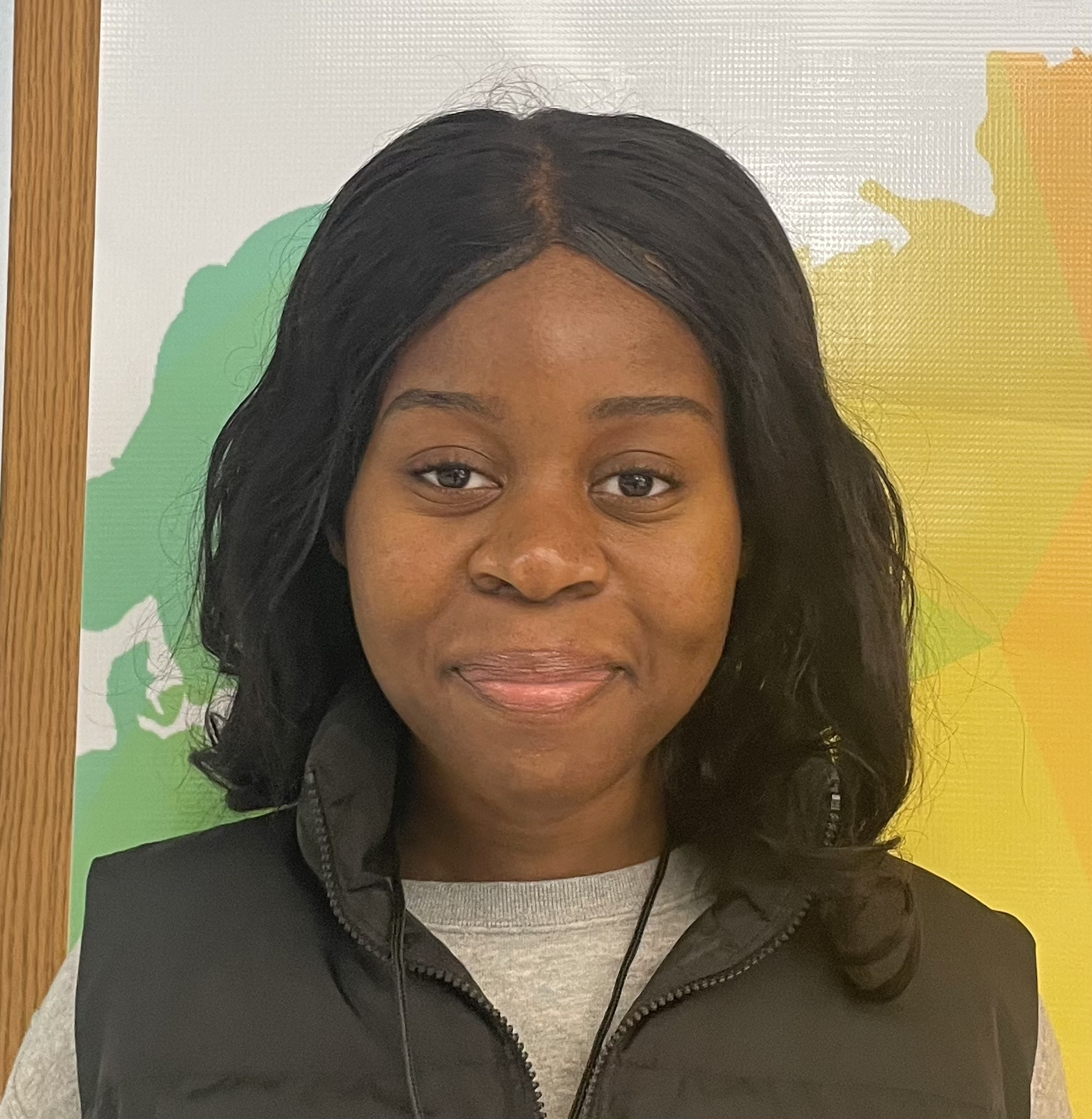“How do you pronounce your last name?”

Every time this question is asked, I grew ashamed of my last name. At the start of my eighth-grade math class, as we were getting name tags for our iPads, my teacher asked this repetitive question. It made my heart sink with contempt.
“None of your business,” I replied sharply.
“That’s kind of rude,” he said, taken aback that I, a quiet kid, dared to talk back to an adult. The rest of the school year I resented that teacher because of that simple question.
In West African culture, your name carries great influence and power over your life, especially your family’s. The “N-G” structure in “Ngwa” connects me to my relatives who have similar last name structures, and this made me feel unique.
But the cultural value of my last name was soon ruined by vile and discordant pronunciation attempts when people’s tongues tripled at the “N” and the “G” next to each other, so they would say NUH-GWA, emphasizing the “N” in my name to make it easy for them. But I don’t recognize that name because that’s not me. It made my cultural identity slowly chip away and it silenced me on correcting others.
Mispronunciation of cultural names is one of the many forms of microaggressions. According to Sender Dovchin in The Conversation, “microaggression is an act of symbolic violence that is not always intentional but is still hurtful and disrespectful.”
This small form of microaggressions can become a small form of kindness when people show a genuine desire to learn how to pronounce it. It makes me feel like my name is worthy of respect.
But I also came to wonder, by staying silent, wasn’t I silencing the significance, the ancestry, and the cultural emblem of my name?
Moving to the east side of St. Paul from Little Canada, I was able to make meaningful friendships with many Africans who restored the uniqueness of my cultural identity. I gradually became more confident in myself, which helped me feel empowered to correct other people.
Even though I didn’t choose my last name, I chose to embrace it. So, for the record, it’s pronounced [GWAH]; the “N” is silent, no longer me.
This story was produced at ThreeSixty’s Op-Ed Workshop in fall 2023. Gloria worked with MPR producer Ngoc Bui to finish her story. Click here to read more stories from the workshop.
